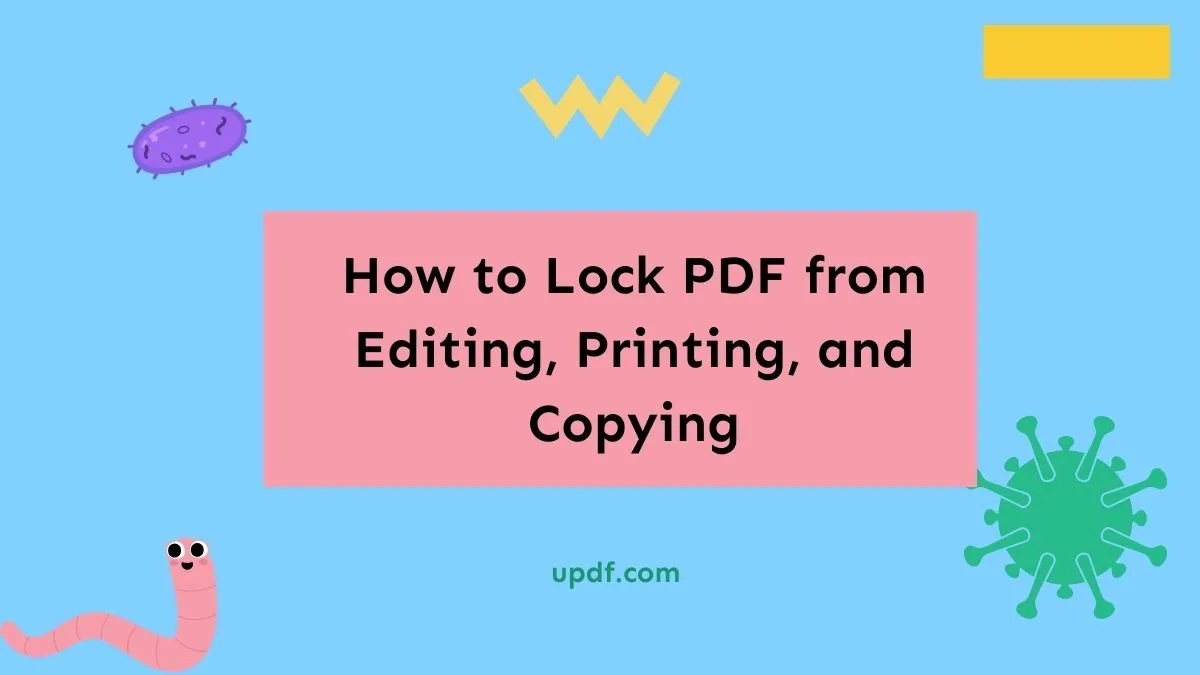Financial documents are some of the most important types of documents and therefore require a level of protection that other documents may not need. Protecting documents like financial statements or loan application contracts can however be made easier when the documents are digitized.
Certain tools such as UPDF, a comprehensive PDF tool can help you set up passwords and permissions that will make it very difficult for anyone else to access the document. Users can download it for a free trial through the button below.
Windows • macOS • iOS • Android 100% secure
On the other hand, we will look at how you can protect these important documents and feel safe when you share them with others. Read on to find out.
Why There is a Password When We Ask for Bank Statements
Bank and credit card statements are a crucial way to measure the financial health of an individual and since they are of significance and can contain personal information, banks tend to encrypt them. The level of encryption will depend on the banking institution and how the individual customers choose to get their financial statements and the form of banking that the customers choose to use.
If you don't have an online bank account, you may choose to request your bank statement in paper form. Most banks will send the bank statement to you in the mail. This form of bank statement, while it may still contain sensitive data doesn't require encryption. Some banks may choose to add some security features to the document, but this may be because they want to lend some credibility and authenticity to the financial statement.
If on the other hand, you do have an online bank account, you may be able to request a bank statement at any time, depending on the institution. Most banks will allow you to review and even print out statements for several years and many will send you the statement via email. Because of the nature of the internet, these statements do need to be encrypted to protect the personal data on the document. This is why you may find that you need a password to open and review the bank statement your bank sends you.
The nature of the password will depend on the details you provided when creating your online bank account and the bank policy. Therefore, the password can be a secret code that you provided when setting up the account, your account password, or even sometimes your identifying document number. This password will be familiar to you and unlike other passwords, you may not be able to change it. Without it, you will not be able to open bank statements.
How UPDF Can Help to Protect Bank Statements Using Passwords
You may have noticed that most bank documents including bank statements are usually in PDF format. This is because, PDF is the best way that the bank can share these documents with customers, but also easily store the documents internally on a server, a factor that can help the institution save on paper and storage costs.
PDF format can also make it very easy for the bank to protect the information on any document and this is crucial if you consider the information that is contained in a bank statement. But to effectively protect and authenticate the contents of a PDF document, you need a PDF manager with the necessary tools to help you do that.
UPDF is one of the few tools in the market that has the required features but is also simple enough to ensure that the process is not time-consuming or overly complicated. Following are some of the ways that UPDF in banking can help to protect a bank statement. But first, you have to get UPDF installed on your devices first.
Windows • macOS • iOS • Android 100% secure
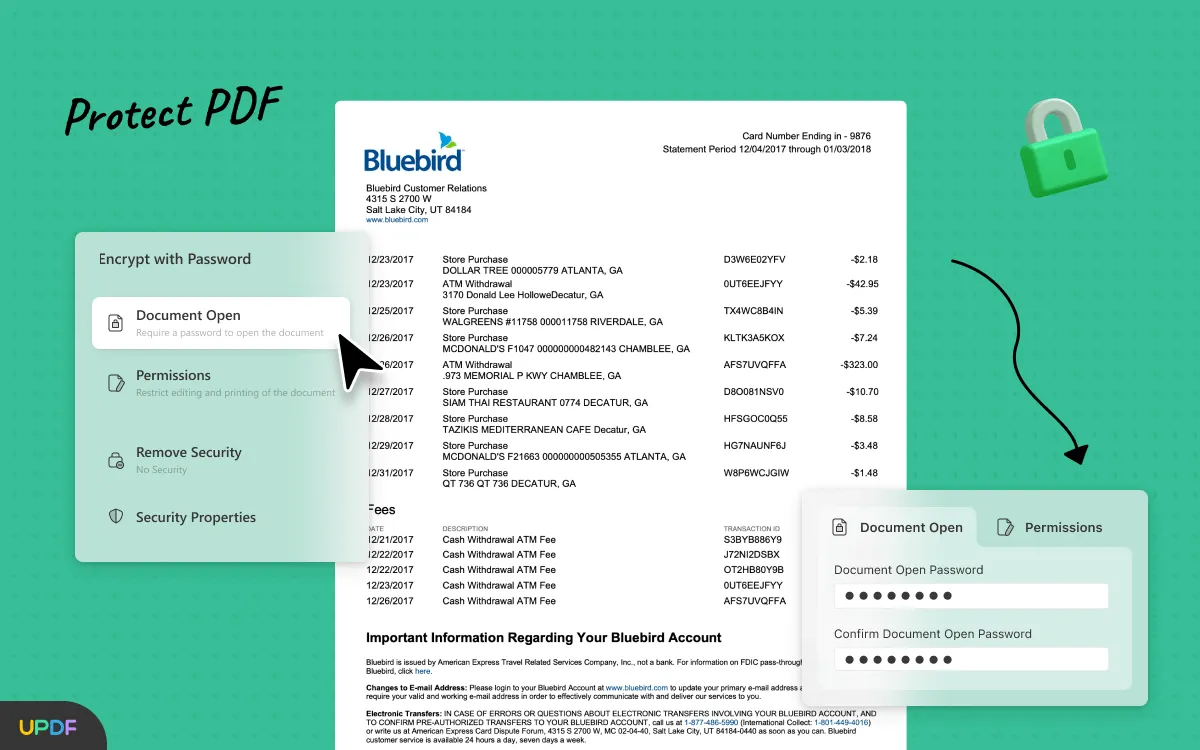
1. Prevent Access to the Bank Statement
One of the best ways to protect the PDF document is to add an open password. Literally, it's a password that you need to enter to even view the file or open it. This is a very strong form of protection since it means that without the password, the bank statement in PDF format cannot be opened and therefore cannot be reviewed. Because of this level of security, it is also the most common type of password that you will find on bank statements.
UPDF has the necessary features that allow the bank to easily lock the PDF document with a password before sharing the PDF file. The bank just needs to select the document protection feature, provide the password to lock the document, and re-enter the password to confirm.
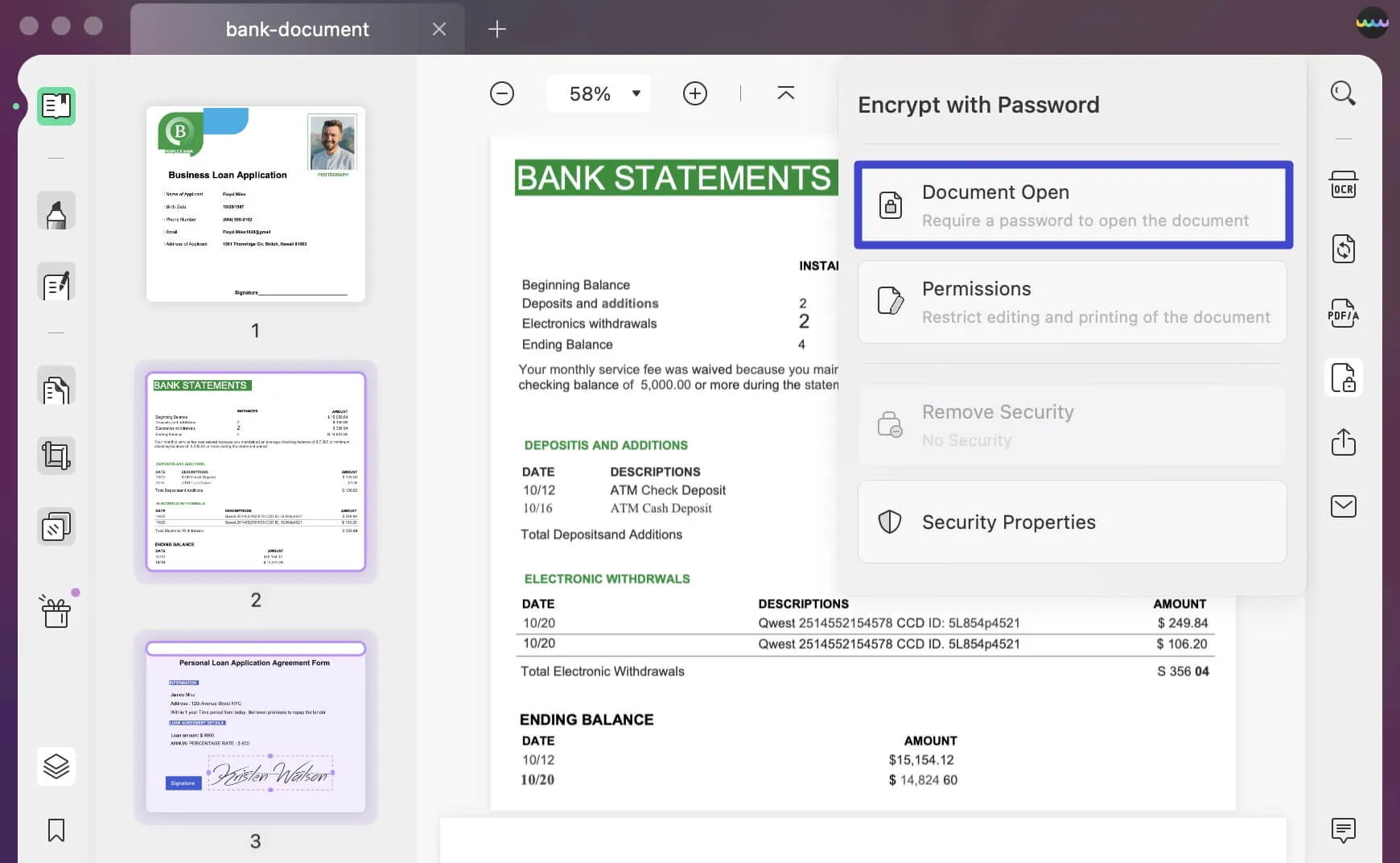
2. Lock Editing of the Document
Most bank statements will also come in read-only format. This is because the data on a bank statement should not be altered in a way. This protection is meant to ensure that the authenticity of the information contained in the document is assured which may be necessary when the document is used in legal processes such as a tax auditing process.
The bank can use document protection features in UPDF to set up a restricted password. While the person with the document may be able to open the document without a password, they will not be able to alter any of the content on the document and when they try to, they will be required to provide the password.

3. Adding a Legally Binding Signature
Although adding a password may not protect the document from unauthorized access, it is one of the best ways to confirm that the information contained in the document is authentic and verified by all parties involved. A signature can also be used to authenticate and validate any changes that may have been made to the document. Some legal institutions may not accept unsigned documents.
Fortunately, UPDF allows the user to add a valid and legally binding e-signature to the document in just a few simple steps. This eliminates the need to print the document, add a signature, and re-scan it for sharing. This signature can be added to any section of the document.
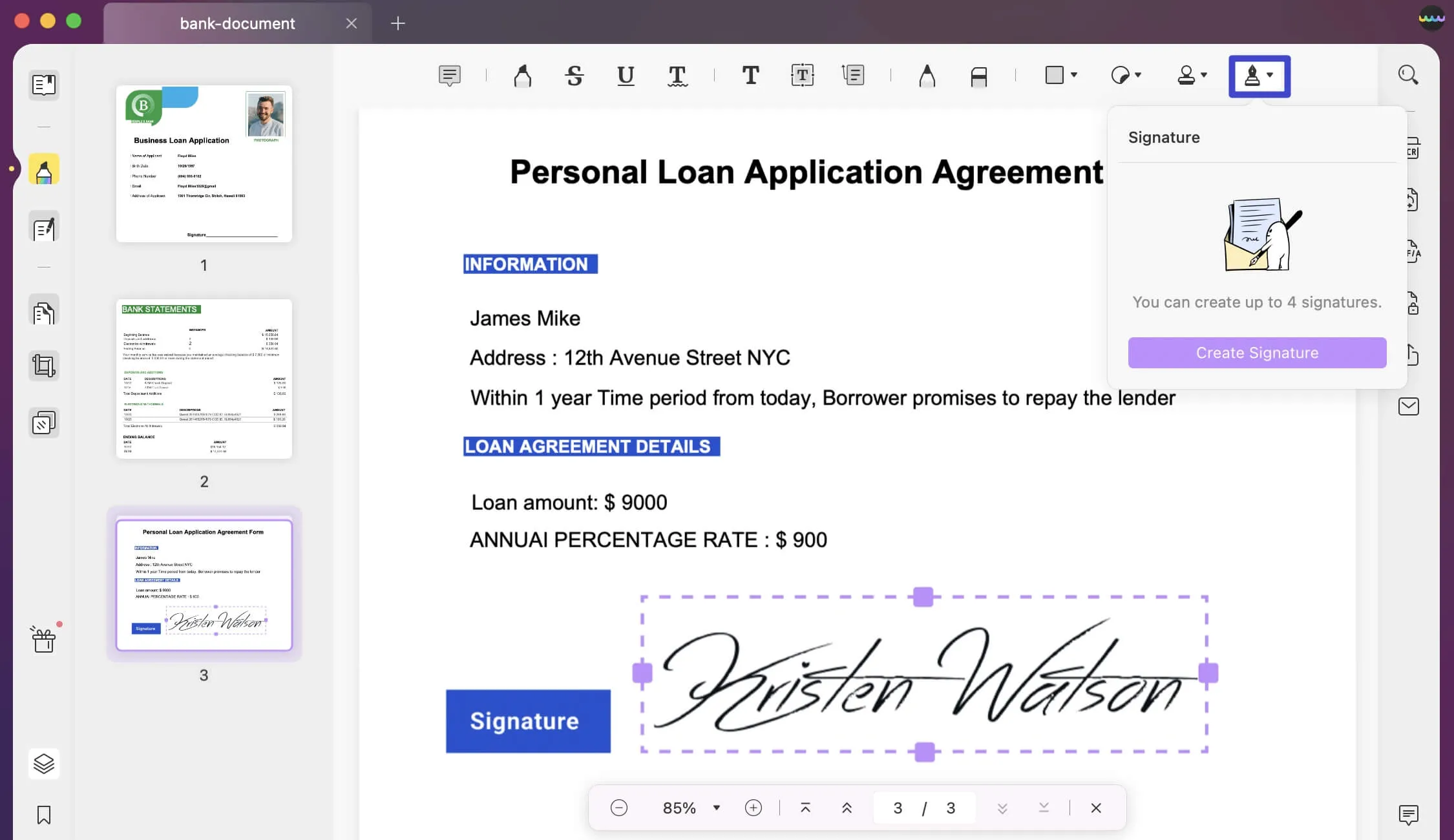
4. Adding a Digital Signature
Digital signatures can effectively prevent further editing after signing, providing a legal means to protect bank statements. Fortunately, UPDF can also accomplish this. You can easily add a digital signature to PDF bank statement.
Simply download UPDF on your device and open the bank statement in it. Then, navigate to the Prepare Form mode and choose Digital Signature from the top menu to add.
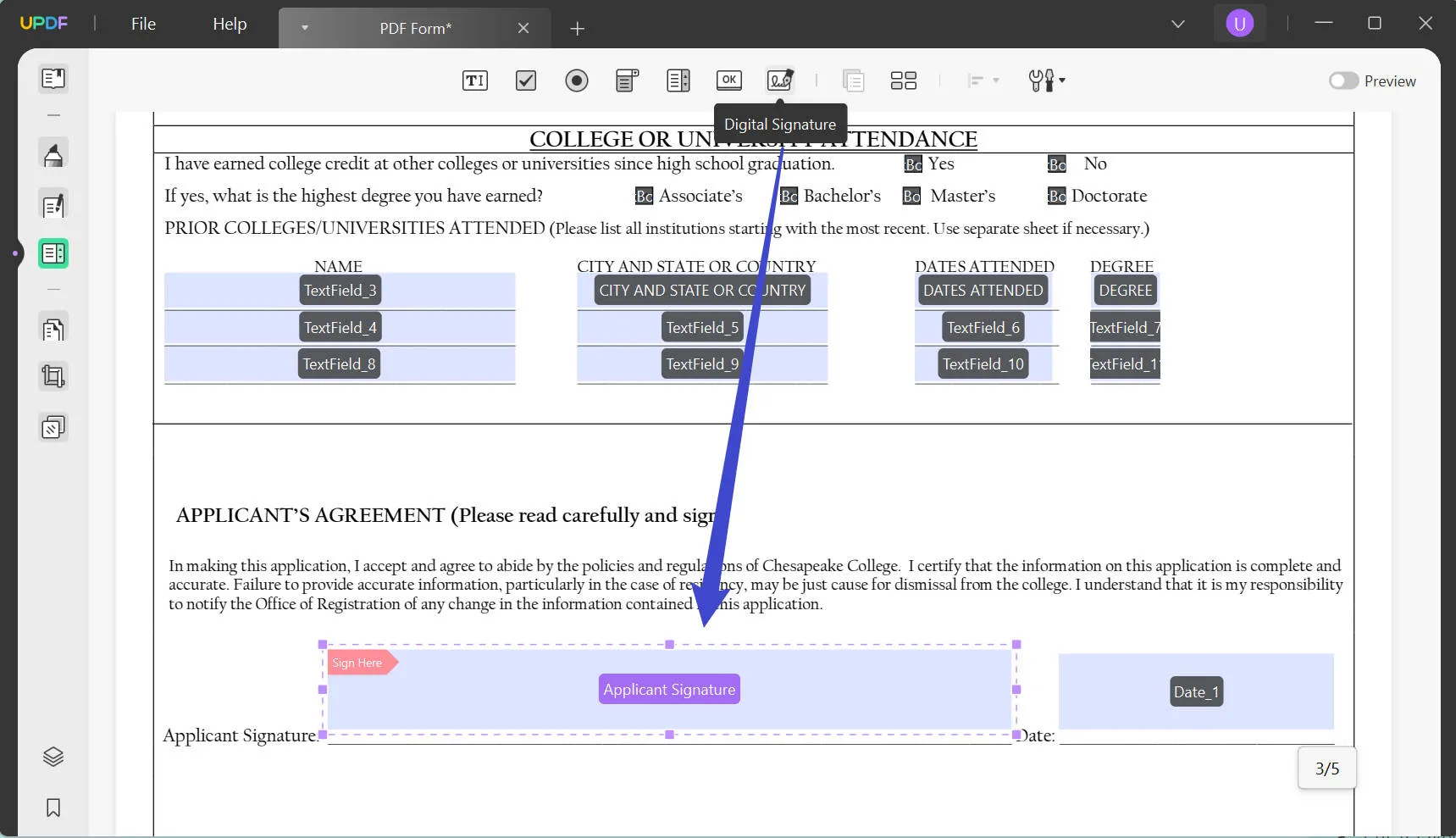
In summary, UPDF provides four options to effectively protect your bank statements. To give it a try, download it now.
Windows • macOS • iOS • Android 100% secure
Watch the guide video below to learn how to protect PDF from data Leak.
Conclusion
Bank statements usually involve a lot of personal details and they are usually in PDF format. Protecting bank statements then becomes a very important matter. The UPDF tool described in this article offers several ways to help you protect your bank statements. But UPDF can do more than that, it can also read, edit, annotate PDFs, and much more.
 UPDF
UPDF
 UPDF for Windows
UPDF for Windows UPDF for Mac
UPDF for Mac UPDF for iPhone/iPad
UPDF for iPhone/iPad UPDF for Android
UPDF for Android UPDF AI Online
UPDF AI Online UPDF Sign
UPDF Sign Read PDF
Read PDF Annotate PDF
Annotate PDF Edit PDF
Edit PDF Convert PDF
Convert PDF Create PDF
Create PDF Compress PDF
Compress PDF Organize PDF
Organize PDF Merge PDF
Merge PDF Split PDF
Split PDF Crop PDF
Crop PDF Delete PDF pages
Delete PDF pages Rotate PDF
Rotate PDF Sign PDF
Sign PDF PDF Form
PDF Form Compare PDFs
Compare PDFs Protect PDF
Protect PDF Print PDF
Print PDF Batch Process
Batch Process OCR
OCR UPDF Cloud
UPDF Cloud About UPDF AI
About UPDF AI UPDF AI Solutions
UPDF AI Solutions FAQ about UPDF AI
FAQ about UPDF AI Summarize PDF
Summarize PDF Translate PDF
Translate PDF Explain PDF
Explain PDF Chat with PDF
Chat with PDF Chat with image
Chat with image PDF to Mind Map
PDF to Mind Map Chat with AI
Chat with AI User Guide
User Guide Tech Spec
Tech Spec Updates
Updates FAQs
FAQs UPDF Tricks
UPDF Tricks Blog
Blog Newsroom
Newsroom UPDF Reviews
UPDF Reviews Download Center
Download Center Contact Us
Contact Us

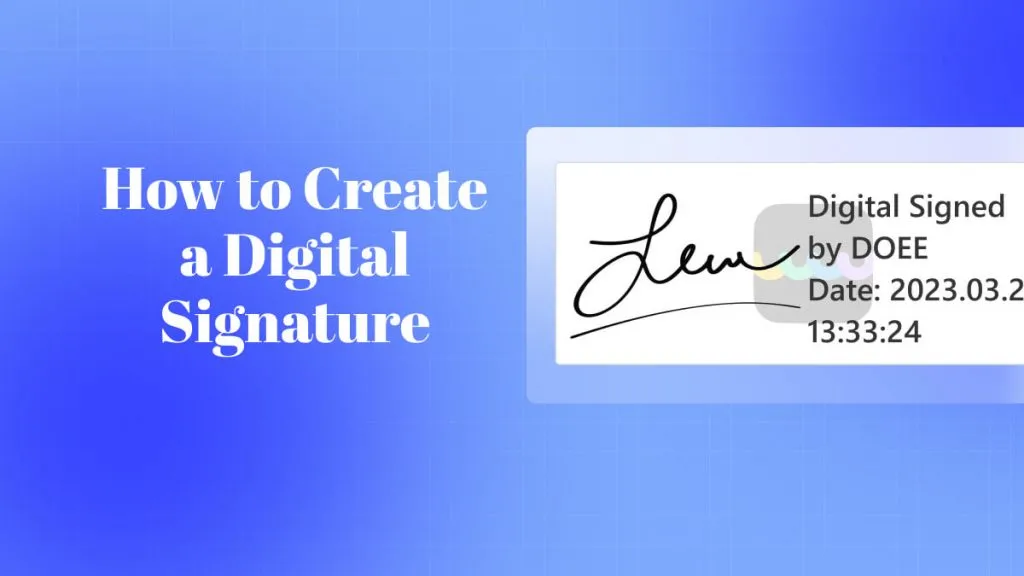
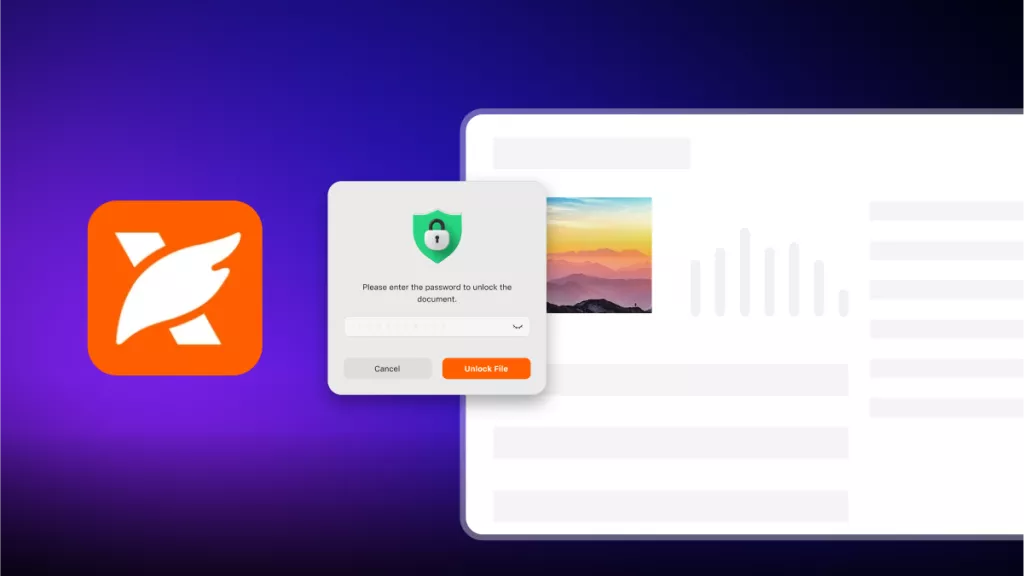

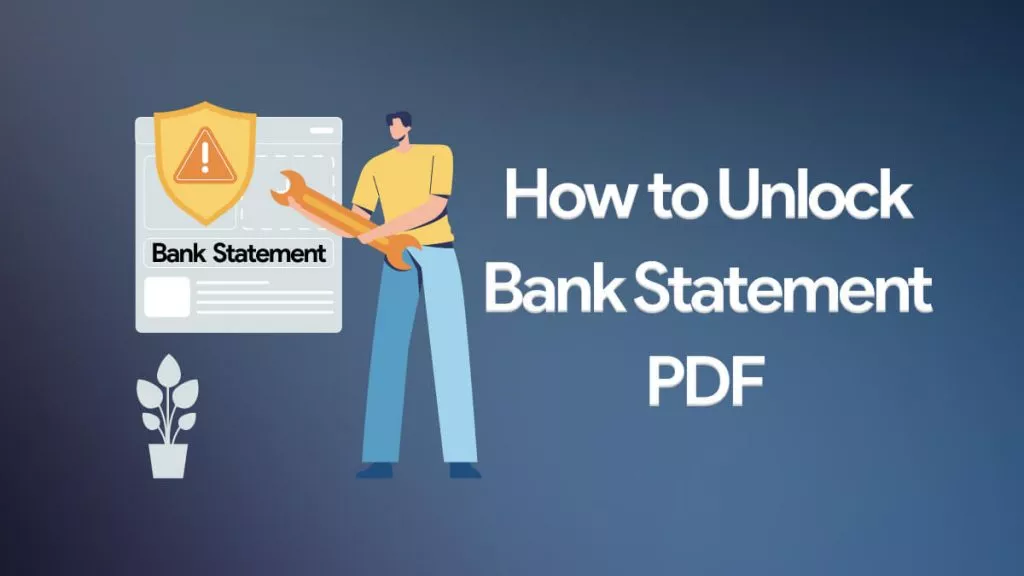
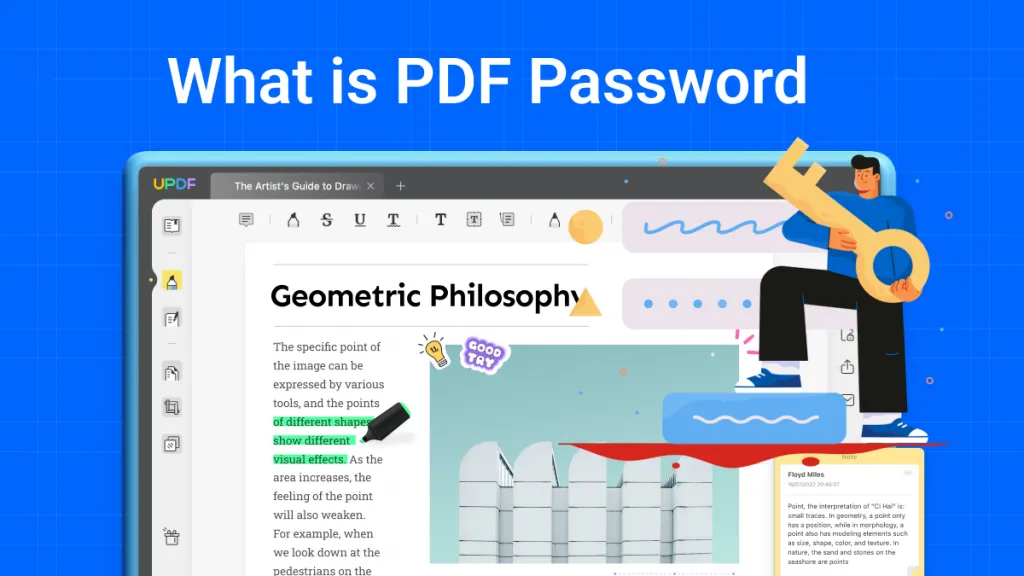
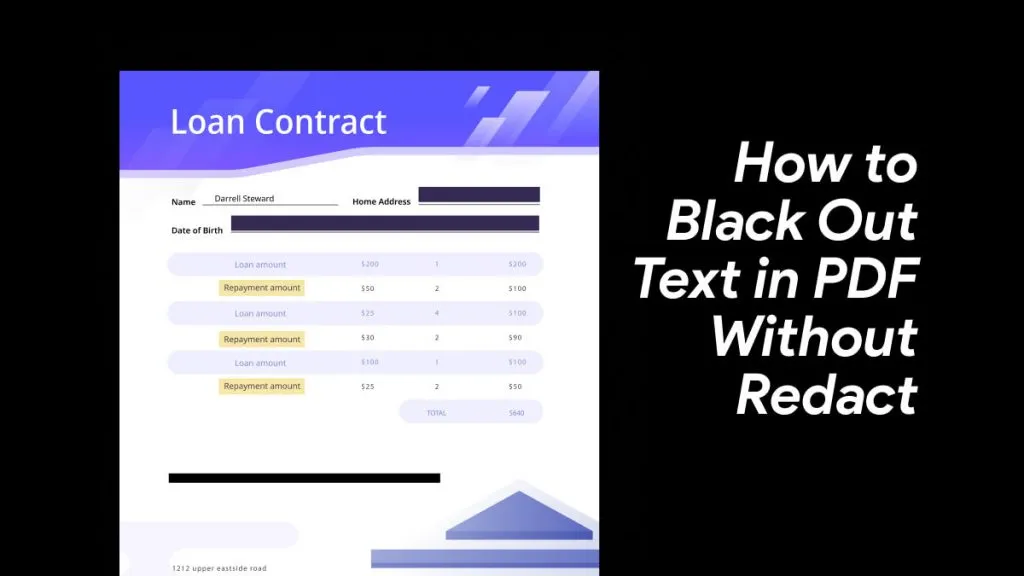
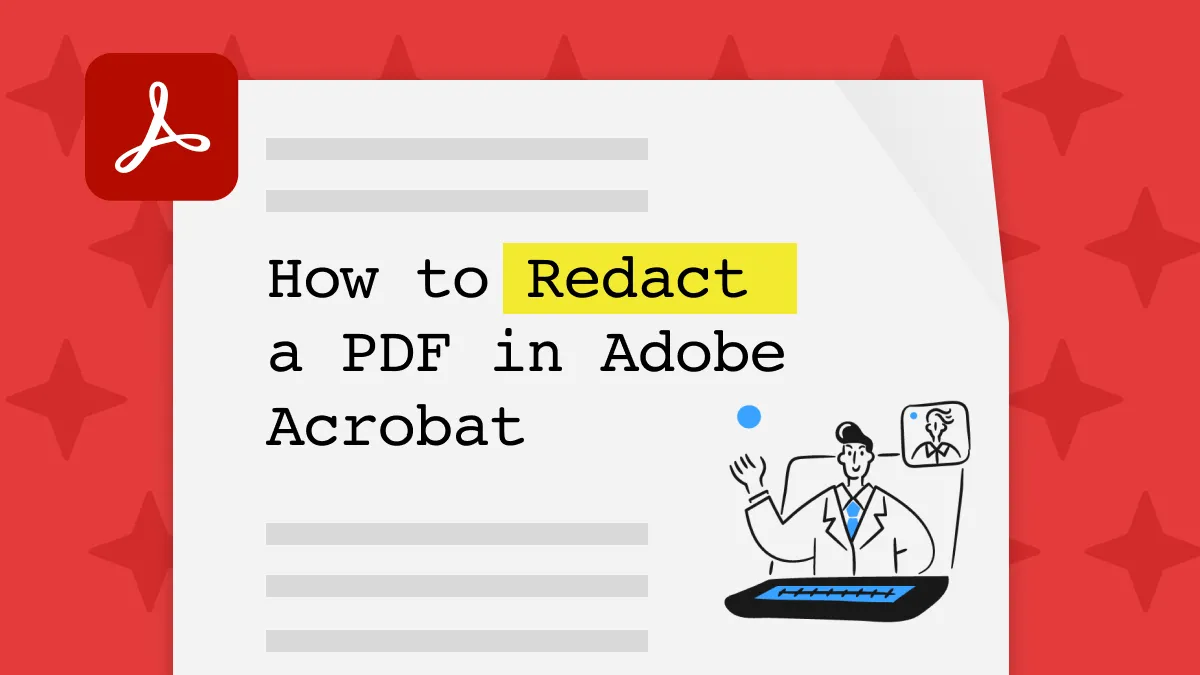
 Lizzy Lozano
Lizzy Lozano 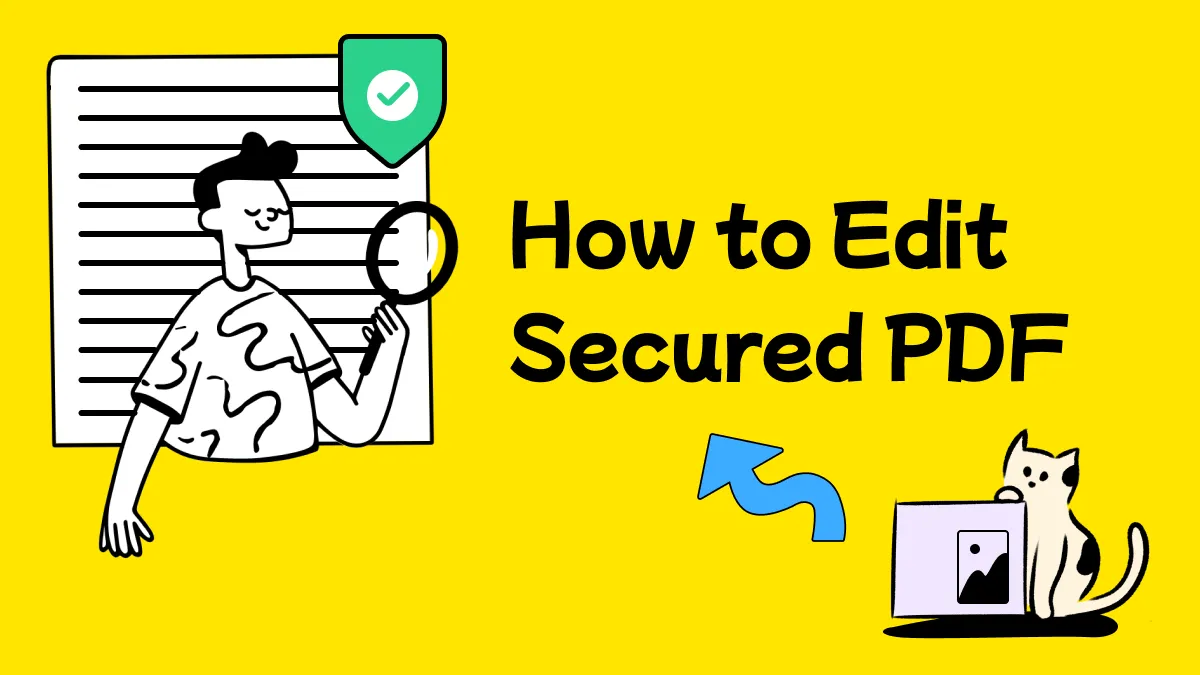
 Donnie Chavez
Donnie Chavez 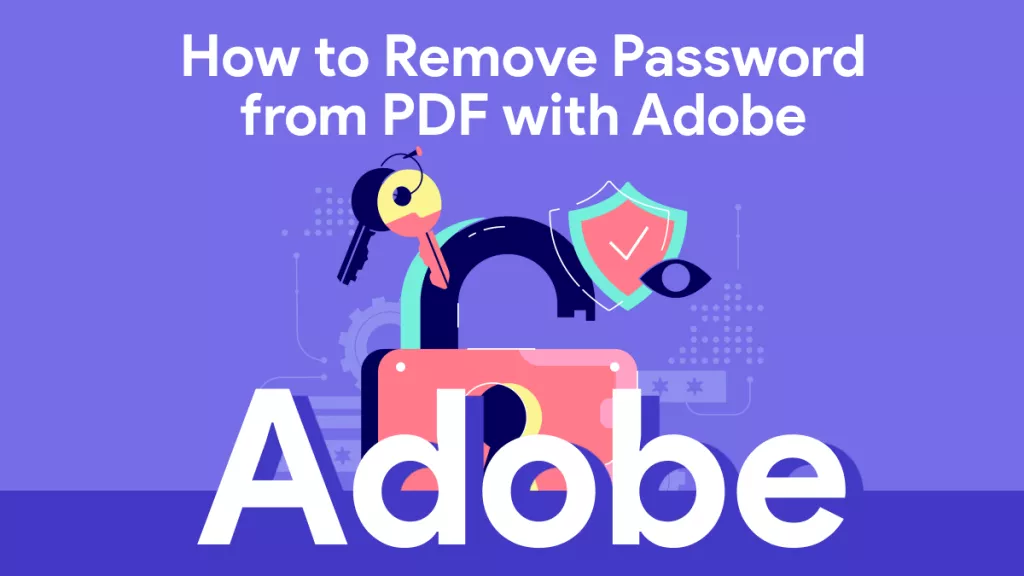
 Rachel Bontu
Rachel Bontu 